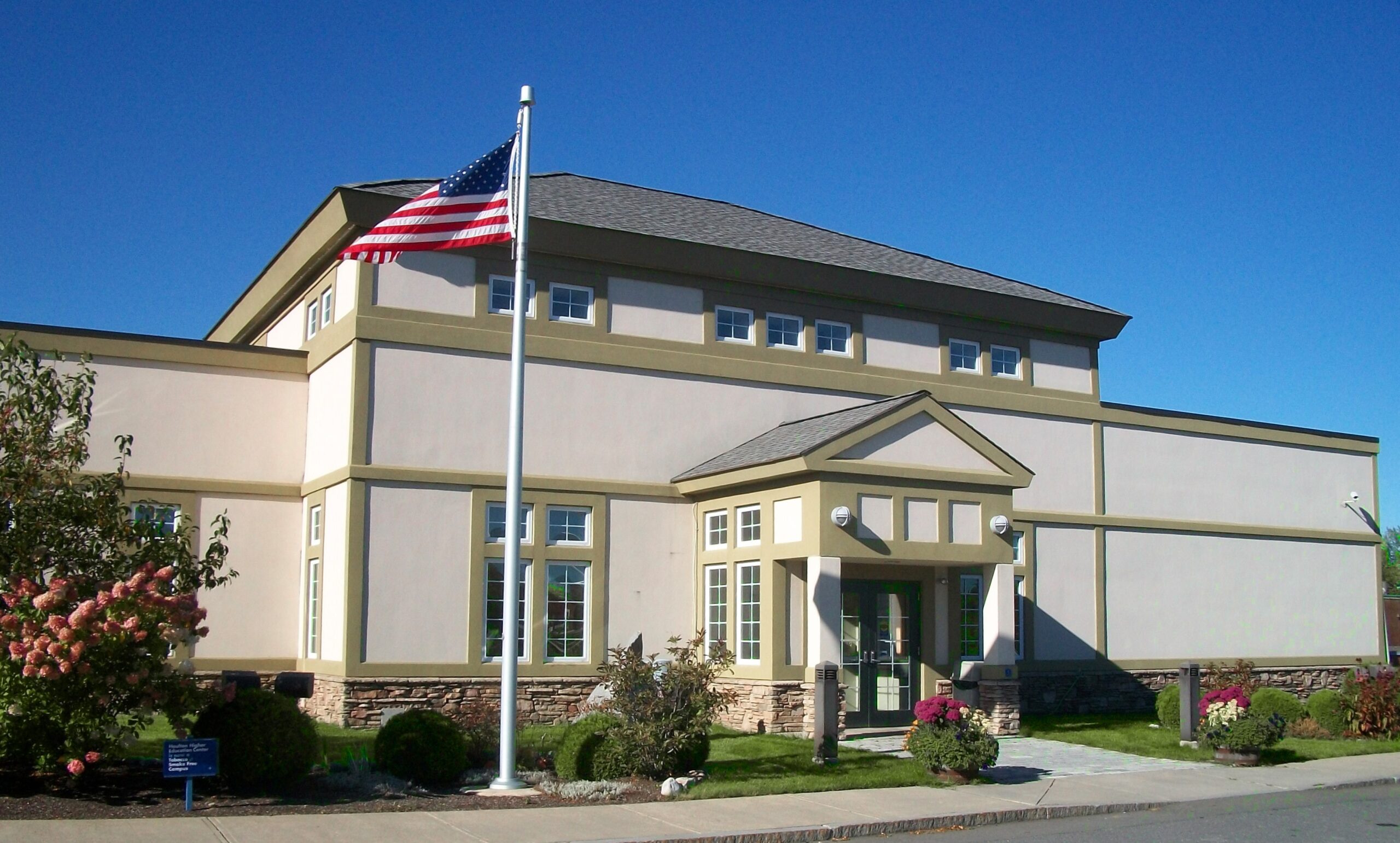
HOULTON, Maine — Financial deficits for the University of Maine System’s Houlton Higher Education Center are projected to keep increasing with building and tuition revenues nearly cut in half and infrastructure costs like maintenance and utilities on the rise, said university officials.
The 15,500-square-foot building was designed for in-person university-level courses. But today, especially after the COVID-19 pandemic, there are almost no students taking classes in the building, and the university uses about 75 percent less of the space it did in 2001, said Ray Rice, president of University of Maine at Presque Isle.
With tuition revenues dwindling from $180,000 in FY 2018 to $70,000 in FY 2022 and building revenues from $317,000 in FY 2018 to $190,000 in FY 2022, the building, in its current configuration, is no longer sustainable, he said.
“It really needs to be reconstructed on a scale that is sustainable moving forward,” he said.
Although the system owns the building, it is assigned to the University of Maine at Presque Isle. The university is looking for a partner to purchase the building and lease space to the university for continued services. Six community organizations and companies have expressed interest, Rice said.
To keep programming there, if they are unable to find a partner, the University of Maine System needs to help figure out how to make it work, said Rice.
One of the biggest changes for the university center is that it was designed for live in-person classes and University of Maine at Augusta had its closed-circuit television, ITV classes, offered to Houlton students with specialized ITV equipment. But now, anyone with a phone can do a Zoom.
“We literally no longer have live instructors on site and the way distance technology is delivered you can do it from a laptop or phone anywhere,” Rice said. The students still need the support services, like tutoring, financial aid and registration in Houlton, he said.
The Houlton Higher Education Center was created from a grassroots community group trying to bring a college education to Southern Aroostook County when the only college in the area, Ricker College, closed in 1979.
Hannaford gifted the Military Street building, a previous grocery store, for the center and with a $2 million renovation it opened in 2001, offering students the opportunity to receive an associates, bachelors or masters degree from Houlton.
Rice has met with employees of the Houlton center and the University of Maine System Board of Trustees Finance Committee, and has had preliminary discussions with those expressing an interest in the building.
The University of Maine System Board of Trustees must approve any proposal from a potential partner, Rice said.
“If we cannot get a partner, the board will have to help us make the building sustainable,” he said.
Next week, Rice and other university officials will host a community meeting at 5 p.m. July 26, at the Houlton Center to share efforts to date and answer community questions.
“We’re really seeing the evolution of what that kind of education center is for students,” Rice said. “Literally it’s the size of the building and the fact that we don’t need four or five large classrooms, we need one.”







